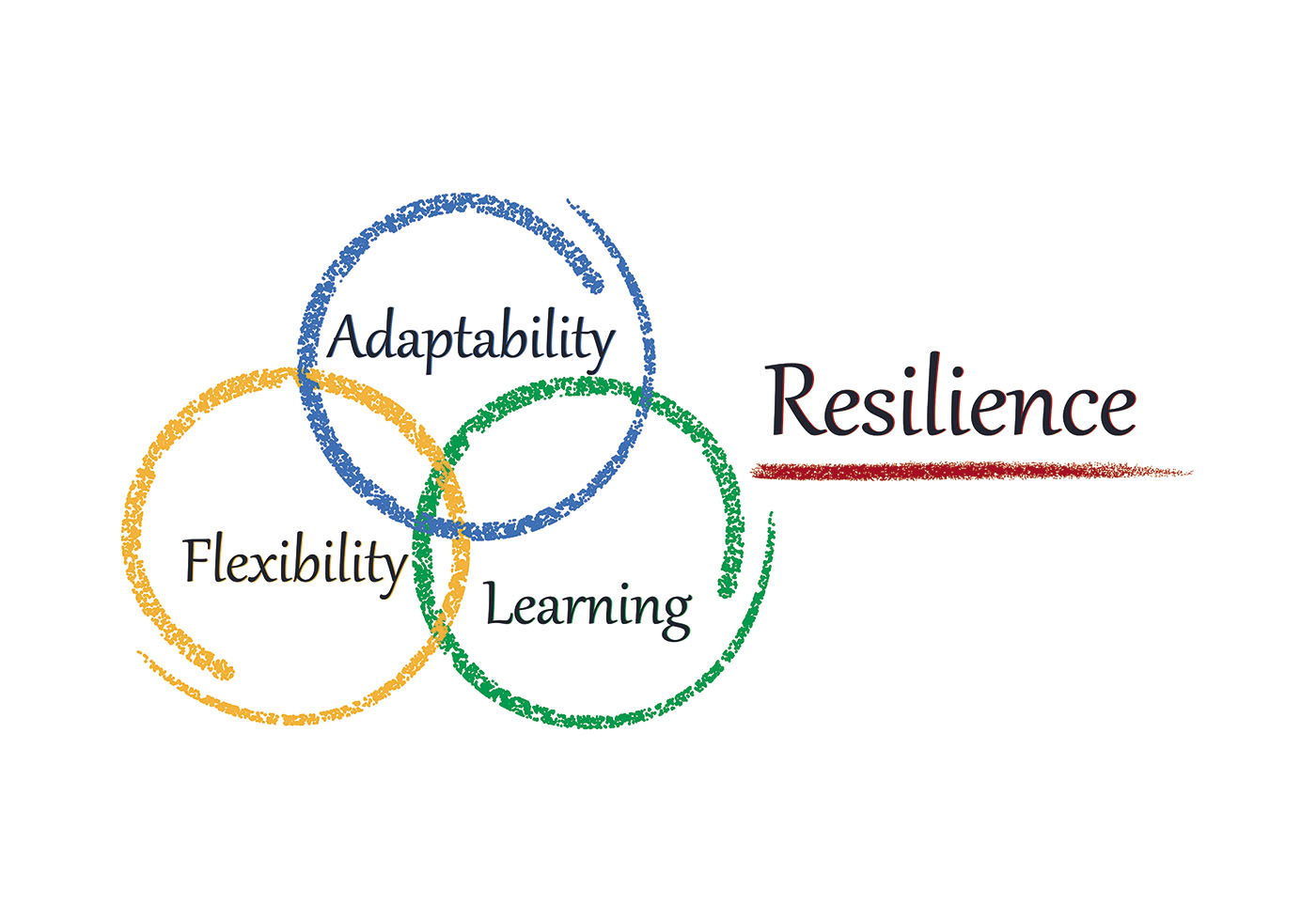In a rapidly changing world, the only constant is change. Technological advances, global crises, and shifting societal norms create an environment of perpetual uncertainty. Yet, in this unstable landscape, some individuals not only survive but also thrive. The key to their success is the power of resilience – the ability to adapt to change, withstand adversity, and bounce back from setbacks.
What Is The Power Of Resilience?
Resilience, at its core, is about adaptability. It’s the capacity to recover quickly from difficulties and setbacks, to flexibly navigate through the changing landscapes of our lives. It’s about maintaining equilibrium amidst disruption and growing and learning from the challenges we encounter.
Building Resilience
Resilience is not a trait that people either have or do not have. It’s a complex interplay of behavioural, mental, and emotional habits that can be learned and cultivated. Here are some strategies to build resilience in times of uncertainty:
Cultivate Optimism
Optimism doesn’t mean ignoring problems or pretending everything is perfect. It’s about recognizing the challenges and believing in your ability to overcome them. Research has shown that optimism promotes resilience by providing the motivation and energy to take constructive action in the face of adversity.
Build Strong Relationships
Having a supportive network of family, friends, and colleagues can significantly enhance resilience. These relationships can provide emotional support, practical assistance, and different perspectives in challenging times. Plus, helping others can boost your sense of purpose and self-worth, further strengthening your resilience.
Embrace Change
Change is a natural part of life. Embracing change rather than resisting it can empower you to adapt more effectively. This involves accepting that change is inevitable, understanding its implications, and finding strategies to navigate it successfully.
Practice Mindfulness
Mindfulness involves staying present and fully engaged in the current moment, rather than worrying about the future or dwelling on the past. By enhancing self-awareness and focus, mindfulness can help you respond to challenges more calmly and effectively.
Cultivate Emotional Intelligence
Emotional intelligence involves recognizing, understanding, and managing your emotions and those of others. It enables you to handle stress, communicate effectively, empathize with others, overcome challenges, and defuse conflicts, all of which contribute to resilience.
Self-Care
Taking care of your physical well-being through a balanced diet, regular exercise, adequate sleep, and relaxation techniques can enhance your resilience. A healthy body can better cope with stress and recover from setbacks.
Conclusion
Building resilience in times of uncertainty is about cultivating a mindset and a set of behaviours that enable you to navigate life’s ups and downs with grace and determination. By practicing optimism, fostering strong relationships, embracing change, being mindful, enhancing emotional intelligence, and prioritizing self-care, you can enhance your resilience and thrive, even in the face of uncertainty. Remember, resilience is not about avoiding stress or hardship but about learning to cope, adapt, and grow from these experiences. It’s about turning adversity into a catalyst for growth and transformation.

